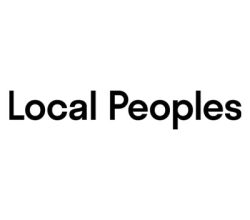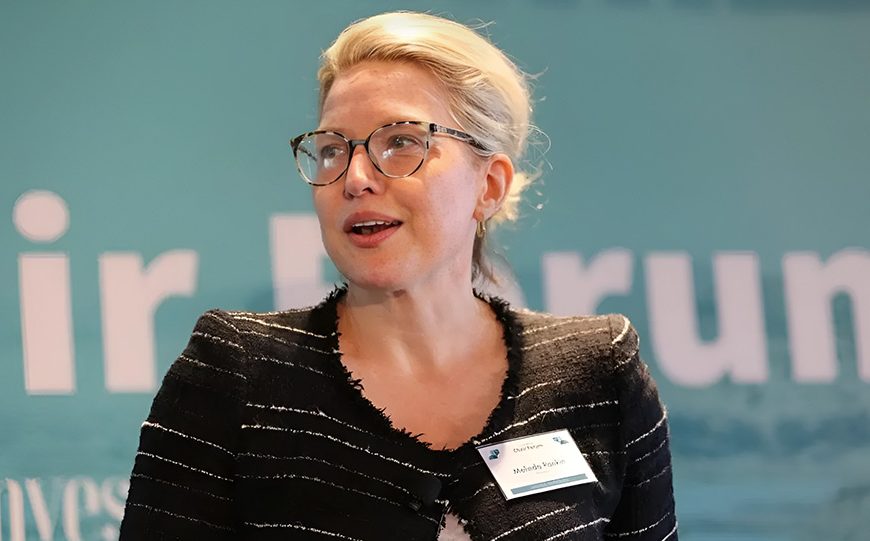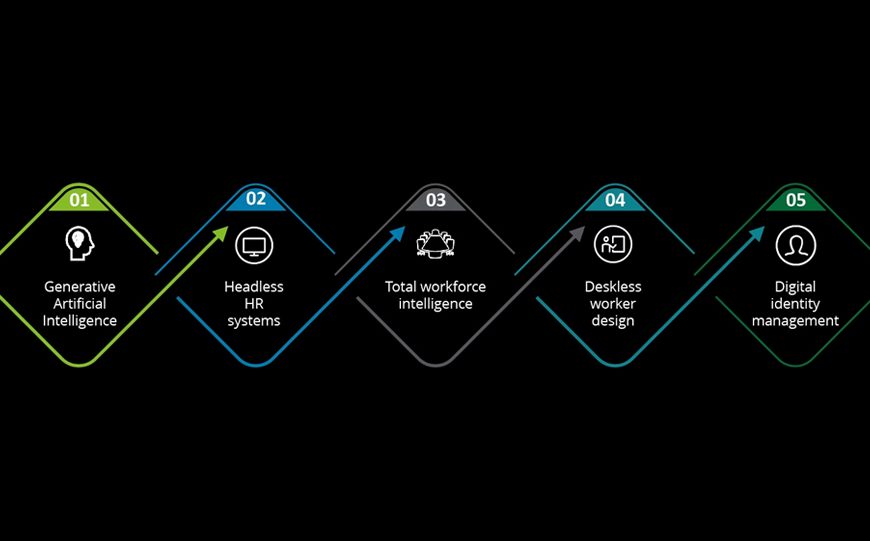The Australian Government faces a complex landscape of data management, sharing, risk, and privacy challenges in the digital age. As data becomes an increasingly valuable asset, these issues have come to the forefront of policy and governance discussions:
- Data Management: Managing vast and diverse datasets efficiently is a substantial challenge. The government must ensure data accuracy, security, and accessibility while also harnessing its potential for evidence-based decision-making.
- Data Sharing: Balancing the need for data sharing to enhance public services and policymaking with privacy concerns and data protection regulations poses a delicate challenge. Striking the right balance between open data and safeguarding sensitive information is an ongoing priority.
- Cybersecurity and Risk Management: Protecting government data from cyber threats and
breaches is paramount. The government must continuously invest in robust cybersecurity measures to safeguard sensitive information from malicious actors. - Privacy Concerns: As digital interactions multiply, concerns about individual privacy grow. The government must navigate evolving privacy regulations, ensuring that data collection, storage, and usage are in compliance with Australia’s privacy laws while preserving citizens’ rights.
- Data Ethics: Ethical considerations in data collection, AI and machine learning algorithms, and decision-making processes have gained prominence. The government faces the challenge of developing ethical guidelines for responsible data use.
- Emerging Technologies: Rapid advancements in technologies like artificial intelligence, blockchain, and the Internet of Things introduce new complexities in data management, requiring the government to adapt its policies and regulations accordingly.
- Data Sovereignty: Determining where government data should be stored and who can access it is a critical issue, especially in the context of cloud services and international data hosting providers.
- Data Literacy: Promoting data literacy across government agencies is essential to harness the full potential of data. Ensuring that employees can interpret and use data effectively remains a challenge.
- Interoperability: Achieving seamless data exchange between government departments and
agencies with different systems and databases is an ongoing challenge, but it’s vital for efficient governance.
These challenges underscore the need for a holistic approach to data management, one that combines robust cybersecurity measures, ethical considerations, and compliance with evolving
privacy laws. Additionally, fostering a culture of data responsibility and transparency is crucial to building public trust while leveraging the power of data for the benefit of all Australians.


















































